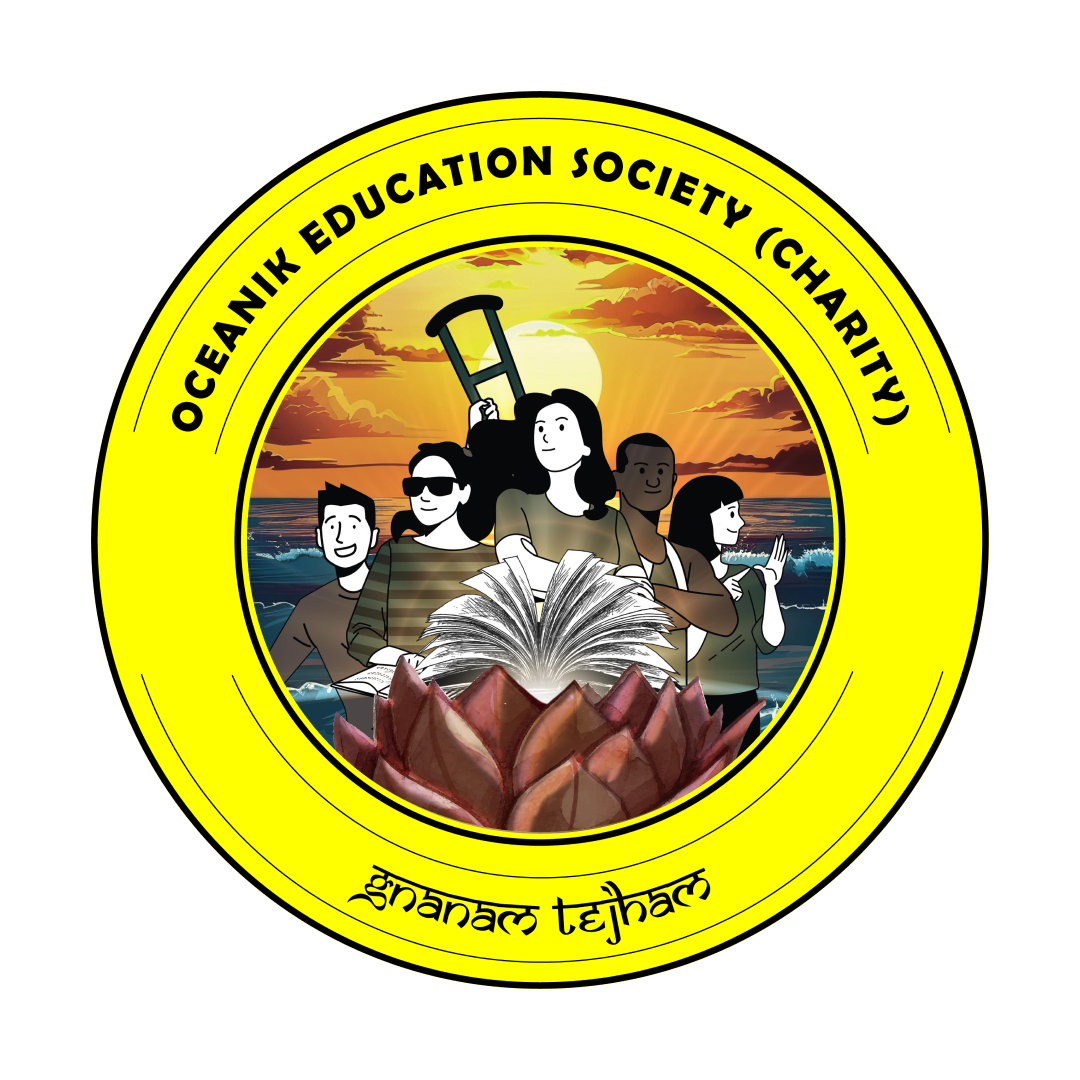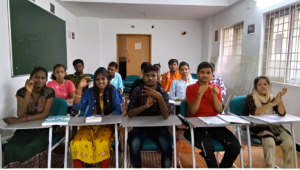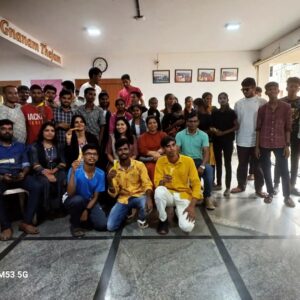In the pursuit of excellence in education, Oceanik Education Society (Charity) has embraced innovative teaching methods that cater to diverse learning styles and foster an engaging classroom environment. By incorporating modern pedagogical approaches, the institution aims to enhance students’ critical thinking, creativity, and problem-solving skills. This article explores some of the innovative teaching methods employed at Oceanik, highlighting their effectiveness in preparing students for future challenges.
One of the hallmark strategies at Oceanik is project-based learning (PBL). This method encourages students to engage in real-world projects that require collaboration, research, and practical application of knowledge. By working on projects that resonate with their interests and the community, students develop a deeper understanding of the subject matter. PBL not only enhances academic skills but also cultivates essential life skills such as teamwork, time management, and adaptability, preparing students for both academic success and future career endeavors.
Flipped classrooms represent another innovative approach utilized at Oceanik Education Society (Charity). In this model, traditional lecture-based instruction is reversed, with students first exploring new concepts at home through videos or readings, and then engaging in interactive discussions and hands-on activities in class. This approach allows teachers to spend more time addressing students’ individual needs and fostering collaborative learning experiences. By actively participating in their education, students become more motivated and take greater ownership of their learning process.
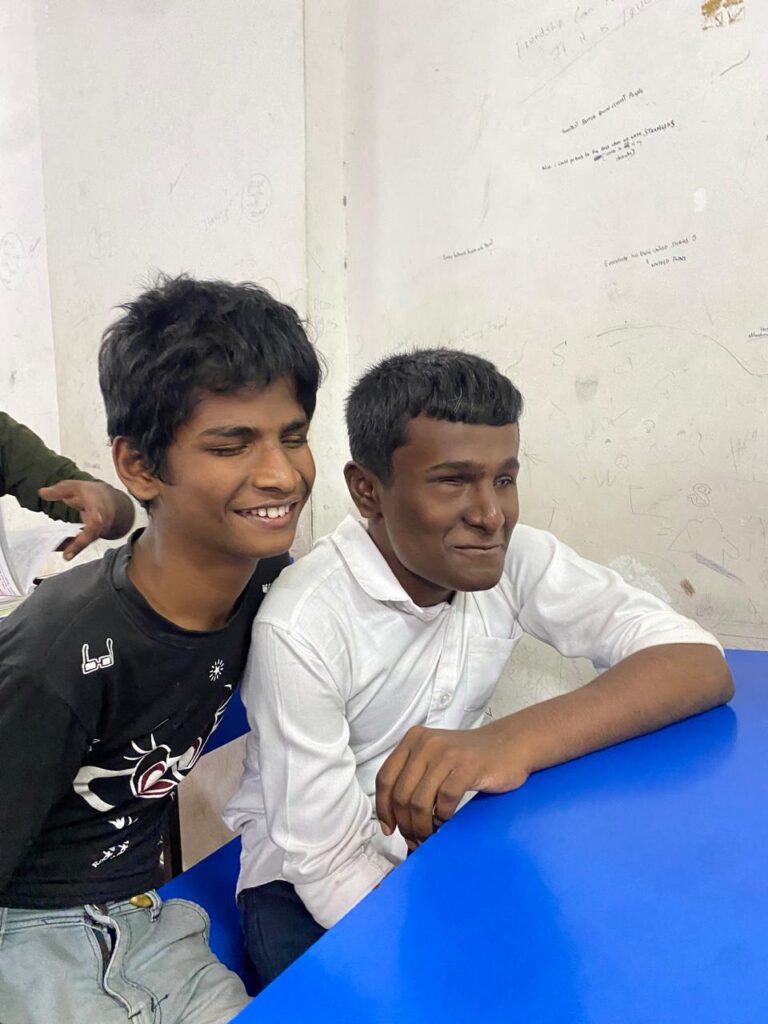
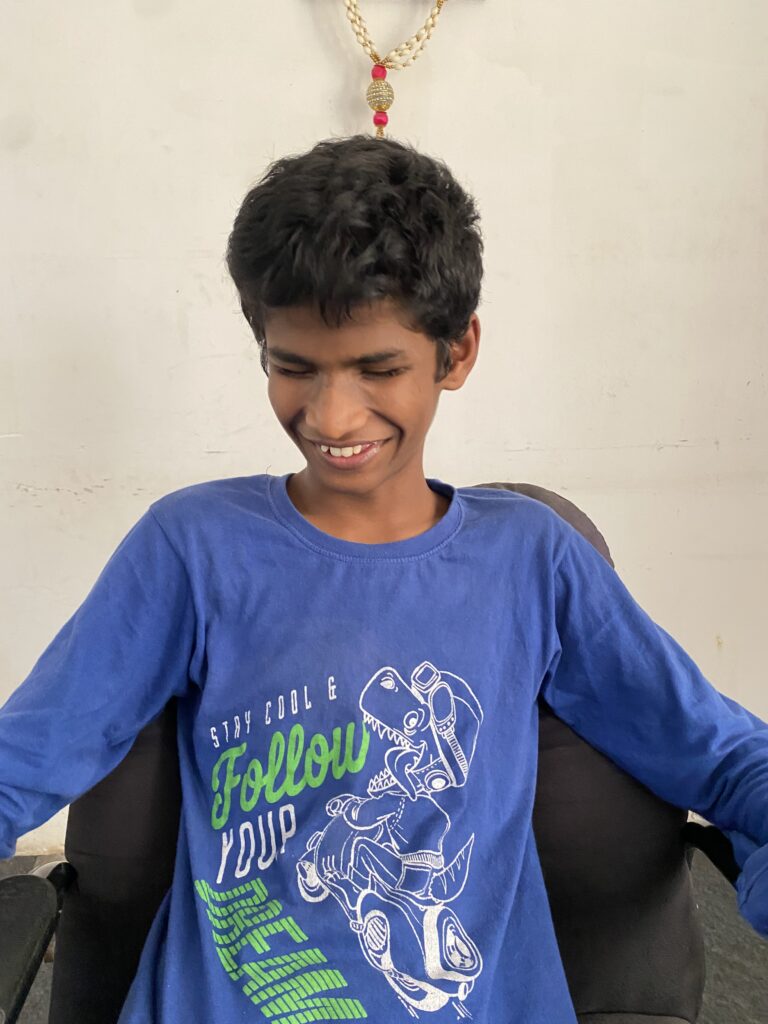
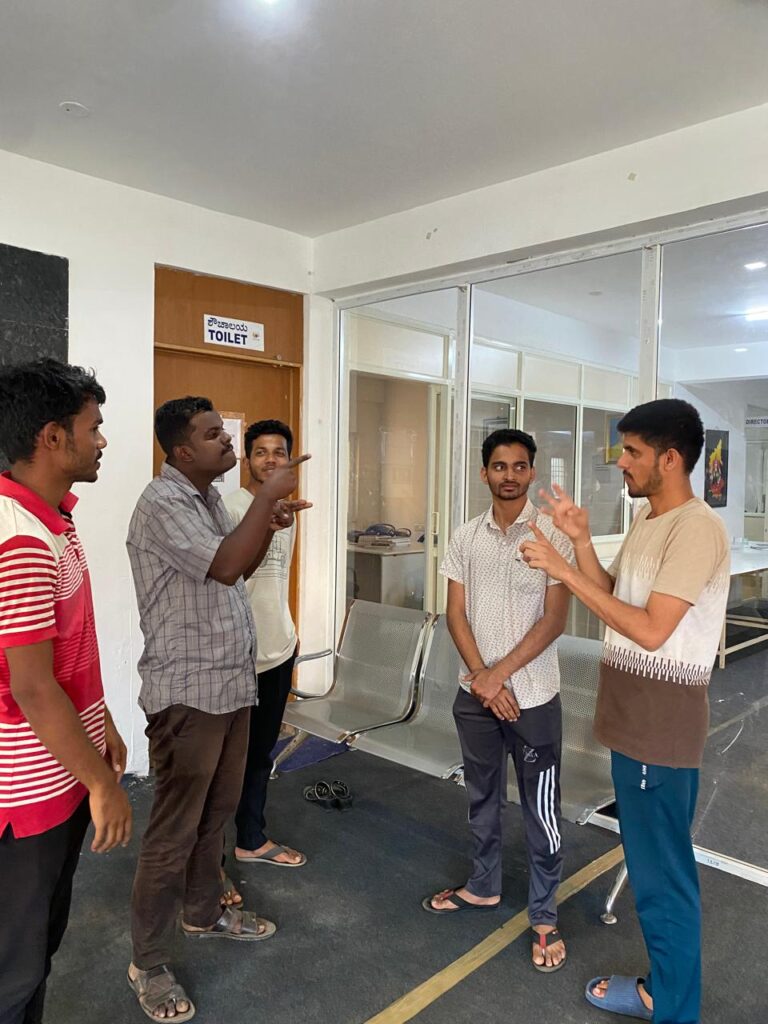
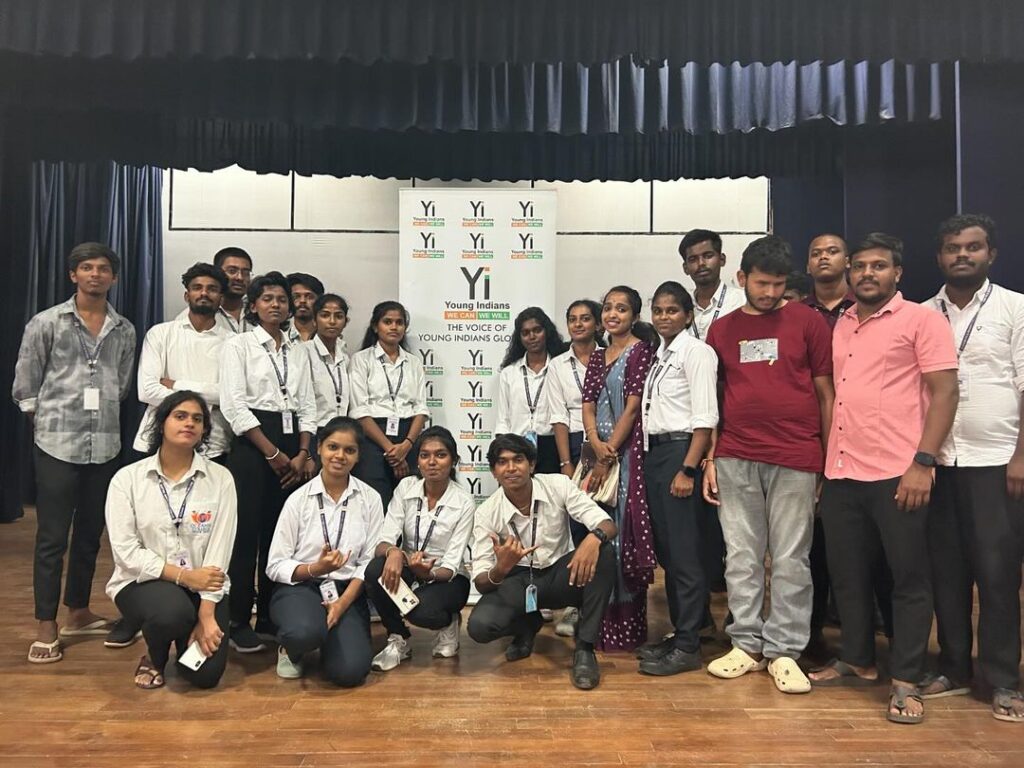
Oceanik Education Society (Charity) also integrates technology-enhanced learning into its curriculum. The use of digital tools, such as educational apps, online resources, and interactive whiteboards, transforms the classroom experience. Students can access a wealth of information and collaborate on projects in real time, fostering a more dynamic learning environment. Moreover, technology enables personalized learning experiences, allowing educators to tailor lessons to individual student needs and preferences. This flexibility helps maintain student engagement and supports a deeper understanding of complex concepts.
Experiential learning is another key method at Oceanik that emphasizes hands-on experiences connecting theoretical knowledge with real-life applications. Field trips, internships, and community service projects provide students with opportunities to apply their learning in practical settings. By engaging with the community and participating in experiential activities, students develop a greater appreciation for their education and its relevance to their lives. This method not only enhances academic learning but also fosters civic responsibility and a sense of purpose.
In conclusion, Oceanik Education Society (Charity) stands at the forefront of innovative teaching methods, embracing approaches that foster creativity, critical thinking, and collaboration among students. By implementing project-based learning, flipped classrooms, technology-enhanced learning, experiential learning, and collaborative environments, the institution is committed to providing a well-rounded education that prepares students for the challenges of the future. Through these innovative practices, Oceanik not only cultivates academic excellence but also nurtures responsible, engaged citizens who can make meaningful contributions to society.
